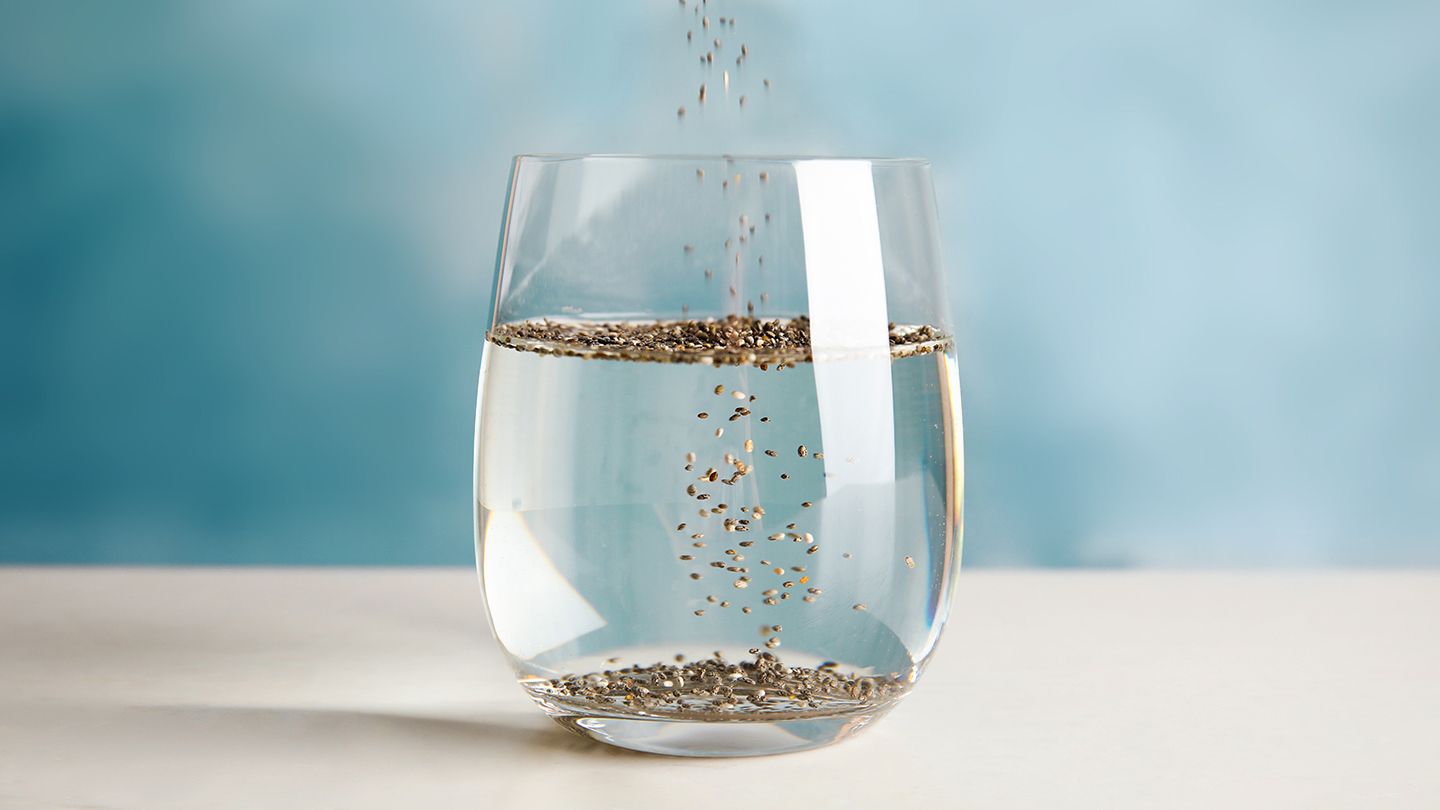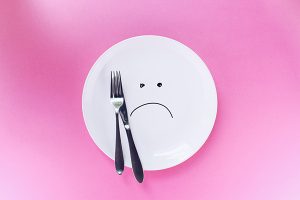
Gastric bypass surgery is a great option for many reasons. But there are some potential problems. Anastomotic leakage (or leakage) can lead to infection or abscess. Leakages of a small size can be fixed by drains. It is possible to stop eating or drinking until the leak has been sealed. Another danger is blood clots. These can travel to the lungs.
Laparoscopic Rouxen en Y Gastric Bypass
Laparoscopic Rouxen-en-Y gastic bypass is one of the most popular bariatric procedures. It is associated with higher weight loss and a greater long-term success rate. This surgery involves creating a small pouch to block food from entering the stomach. Patients experience a loss of their first senses of fullness and satiety.
Gastric sleeve
Bariatric surgery or gastric sleeve can pose many risks. Although they are very rare, these complications can occur. One of the most serious risks of this procedure is gastric leakage. Gastric leakage can cause an increase in heart rate, pain in the abdomen and back, and even death. This can lead to infection, and even death. It will depend on the severity of the leak.

Band erosion
After gastric band surgery, gastric band erosion can be a serious condition. This condition can often require a reoperation. The surgeon will remove the band through a laparoscopic procedure, but sometimes it will be necessary to remove it from within the stomach. This is a condition that will take time for the upper stomach and other weight loss procedures to be successful. There are several options to replace the band if it is damaged. You also have the option of gastric bypass or Sleeve Gastrectomy.
Leakage
Bariatric surgery can lead to leakage. This problem can happen during any type of surgery, but it can be especially problematic for patients who have had gastric bypass surgery. A surgeon can identify leakage by taking an Upper GI series and determining the location of the leak. The treatment options include the drainage of fluid and the use of antibiotics.
Slippage
Gastric Banding is considered safe and effective. However, some patients may have late complications. Gastric banding can lead to slippage and complete dysphagia. Three slippage patients were treated by medical professionals in one study. Two of these patients developed severe dehydration. One of these patients developed cerebral vein infarction. Another suffered from ischemia and gastric pouch dysfunction. The three patients with perigastric inflammation survived.
Infection
Wound infection following bariatric surgery is a serious problem. Although it can happen after any type or surgical procedure, the likelihood of getting infected is greater for obese patients. It can cause tissue damage and widespread infection if it isn't treated. To avoid infection, patients must follow the instructions for post-operative care. Most infections can usually be treated by antibiotics and washing the wound.

Scarring
Patients can expect to have scarring on the incisions sites after bariatric operation. These scars can be temporary but should be allowed time to heal. Proper hygiene is essential to avoid infection. It is important that patients follow all instructions from their surgeons regarding bathing. It is also important to stop smoking, which slows the healing process and can increase the risk of infections. Quitting smoking before undergoing bariatric surgery can help prevent the appearance of scarring after bariatric surgery. Also, staying hydrated can reduce the appearance of scarring and other skin problems.
FAQ
What amount of exercise is necessary to lose weight?
There are many factors that influence the amount of exercise required to lose weight. These include your gender, age, body type and how heavy you are. However, generally speaking, most people need at least 30 minutes of moderate physical activity five days per week.
The American College of Sports Medicine recommends 150 mins of moderate-intensity aerobic exercise per week spread over three consecutive days.
To lose 10 lbs, you should aim to exercise 300 minutes each week. This includes activities such as brisk walking, swimming laps, biking, dancing, playing tennis, golfing, hiking, jogging, running, and other similar activities.
Consider doing 20 minutes of vigorous exercise thrice a week if you are just starting out. This could be lifting weights, sprinting, jumping rope, and fast walking.
Aerobic exercise can help burn calories as well as build muscle mass. Muscle burns more calories than fat does. Building muscle and losing weight can help you reach your goals faster.
What is the best activity for busy people?
Doing exercises at home is the best way to stay in shape. You don't need to join any gym. It is possible to perform basic exercises at home with minimal equipment.
You just need to have a pair of dumbbells, a mat, a chair, and a timer.
The most important thing is ensuring you are consistent with your workouts. If you are absent for a few weeks, you could lose your motivation.
Try lifting weights three days per week. This is a great place to start. These could include push-ups/pull-ups/squats, push-ups/pull-ups or dips/curls.
Once you've mastered the basics, you can start to move on to other types of exercise such as running or jumping rope, skiing, yoga, Pilates and dancing.
When choosing an exercise program, remember to choose the ones that suit your lifestyle. You might avoid exercising if your work hours are long.
If you're a night owl then it is better to exercise in the evening than in the morning.
Remember to listen to your body and stop when you feel tired.
How long should I do Intermittent fasting to lose weight?
The answer may not be as straightforward as you think. There are many factors that need to be taken into consideration when deciding how many days of fasting is necessary for optimal fat loss. These are:
-
Your age. If you are younger than 40, intermittent fasting might be too difficult because you have less time for recovery after each fast. If you are older than 60, you might find it difficult to maintain a prolonged period of daily fasting.
-
Your current body composition. You'll be most successful if you have lots of muscle mass. If you don't have a lot of muscle mass, shorter fasting periods may be more suitable.
-
How physically active are you. If you exercise regularly, you may need to extend your fasting window to ensure that you still get adequate rest between workouts.
-
Your past health history. Some people with medical conditions like diabetes, heart disease, cancer, etc., may require additional fasting monitoring.
-
How can you manage stress? Stress can cause us to eat more. To avoid this problem, you may need to increase the length of your fasting windows.
-
It is the type of diet you are following. Certain diets, like ketogenic diets, may require even longer fasting periods.
-
How much sleep you get. Lack of sleep has also been linked to increased appetite and decreased metabolism. You may need to experiment before you discover what works for you.
-
The amount of protein that you consume. Protein helps stabilize blood sugar levels, which means that eating more protein could potentially lead to lower insulin levels. This would allow you to fast for longer periods of time.
-
Individuals who are trying lose or gain weight will require longer fasting times than those who are trying.
-
How many calories do you consume in your fasting windows? You may lose more weight if you eat fewer calories each day than if you eat more.
-
Your overall fitness level. Faster people are more likely to be fit, and burn more calories during the day.
-
Your gender. Women tend to have a greater appetite than men, so they might need to fast for longer periods. Women tend to have smaller appetites so they might only need to fast for 20-30 minutes each morning.
-
Your lifestyle. Are you someone who gets plenty of physical activity? Do you workout several times each week? Do you work at a desk all day? All these factors can have an impact on how much time you should speed.
-
How much money are you willing to spend on food? Not all healthy food means you need to spend a lot more on groceries. Whole grains are better than white bread and whole fruits are better than candy bars. Lean meats can also be saved.
-
It is vital that you control your hunger. You might not have to fast as much if your hunger isn't a problem.
Are there any side effects to intermittent fasting
Intermittent fasting is safe and has no side effects. But, it is possible to experience minor side effects if you plan poorly.
You might feel irritable if you skip breakfast. Other symptoms include headaches, dizziness and fatigue as well as muscle cramps.
These symptoms usually disappear within a few days.
Statistics
- According to Harvard Health, it's estimated that a 155-pound (70-kg) person burns roughly 112 calories per 30 minutes of weight training (5). (healthline.com)
- According to a study sponsored by the American Council on Exercise, a person weighing around 140 pounds (64 kg) would burn 108 calories at a 30-minute beginner's Pilates class or 168 calories at an advanced class of the same duration (26). (healthline.com)
- Another study found that 24 weeks of weight training led to a 9% increase in metabolic rate among men, which equated to burning approximately 140 more calories per day. (healthline.com)
- According to Harvard Health, it's estimated that a 155-pound (70-kg) person burns around 167 calories per 30 minutes of walking at a moderate pace of 4 mph (6.4 km/h) (5). (healthline.com)
External Links
How To
9 Tips to Lose Weight Naturally
People worldwide face the biggest problem of losing weight. If you're constantly trying to lose weight, it can be very difficult to live a healthy life. Although there are many methods to lose weight, such as exercising and dieting, these methods don't work for everyone.
I will be sharing some natural ways to lose fat without side effects today. Let's start!
-
Lemon Water Lemon water flushes toxins from your system. This drink can detoxify your body, and it will keep you energized all day. This drink can help you lose weight.
-
Eat more vegetables. Vegetables are full of fiber, vitamins, nutrients, antioxidants and other nutrients that are crucial for our health. They provide us with a feeling that we are full. Eating vegetables can help you lose weight.
-
Increase Protein Intake. Protein is an important nutritional element that plays an important part in building muscles. High-protein diets can help you lose weight and build muscle.
-
Green Tea is the best. Green tea contains caffeine, which reduces appetite and increases metabolism. Thermogenesis, the process by which heat is generated, has been increased by Caffeine. This is why coffee drinkers have lower fat levels than those who don't drink coffee.
-
Take Cold Showers. Take cold showers to burn more calories. Research shows that cold showers can burn up to half as many calories as warm ones.
-
Avoid Alcohol. Alcohol is known to be a stimulant, which can lead you to overeating. It is easy to gain weight if alcohol is consumed frequently.
-
Cardio Exercise Daily. Cardiovascular exercise can help reduce weight. It improves blood circulation, energy levels, and keeps people fit. You can participate in walking, jogging, swimming, cycling, hiking, dancing, running, rowing, etc.
-
Don't skip meals Eat small meals throughout each day to manage your hunger pangs. You will feel tired and less focused if you skip meals.
-
Reduce Sugar Consumption. Sugar can be addictive and negatively affect your mood. Sugar can temporarily give you energy but you feel tired and sluggish after you stop eating it.